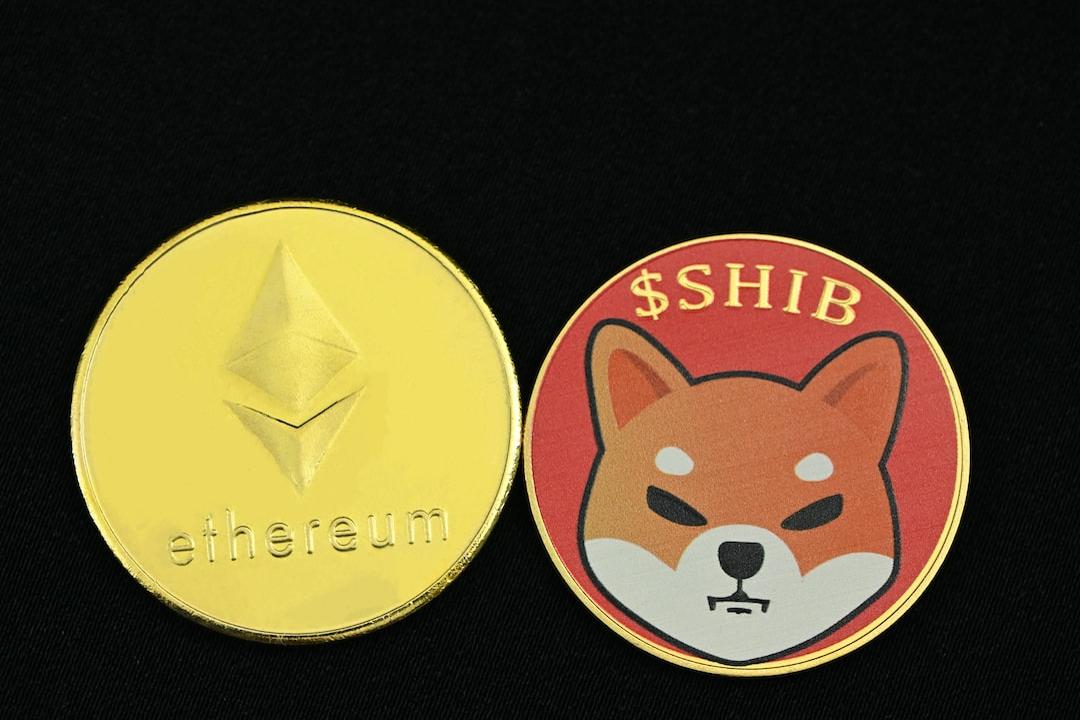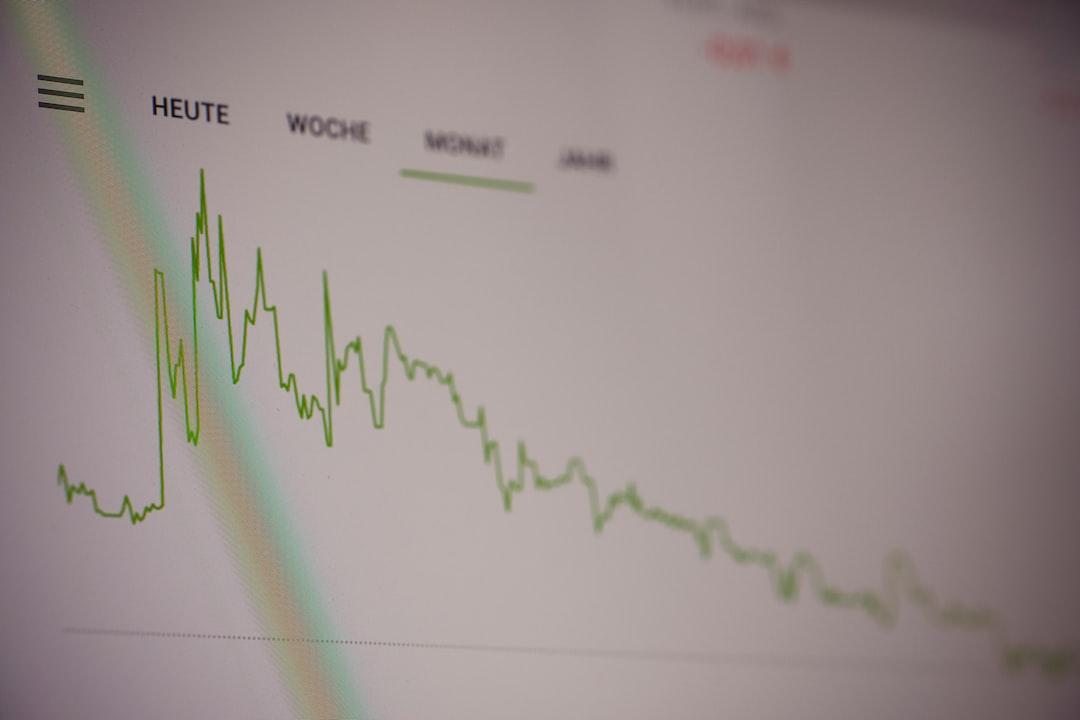Disclaimer: The opinions and perspectives expressed in this article are the sole responsibility of the writer and do not necessarily reflect the stance of the editorial team at crypto.news.
The realm of blockchain stands at the forefront of innovation in the modern digital landscape. It serves as the backbone for online ledgers supporting cryptocurrencies like Bitcoin (BTC) and Ethereum (ETH) across various sectors. Projections indicate that the global market for blockchain technology is set to skyrocket from $5.88 billion in 2021 to a staggering $1,314.03 billion by 2030, exhibiting an impressive compound annual growth rate (CAGR) of 82.4%.

Source: Straits Research
A notable advancement in this domain is the emergence of application-specific blockchains, platforms that outshine general-purpose applications in terms of performance, scalability, security, cost-effectiveness, and governance. These tailored blockchains are reshaping the landscape of decentralization and hold great promise as this segment of the industry continues to expand.
Dive into a deeper exploration of the impact of application-specific blockchains, and discover why they are the harbinger of decentralization’s future.
Key Attributes of Application-Specific Blockchains
Application-specific blockchains represent a distinct breed of blockchains tailored for running a single application, as opposed to constructing an app using an existing blockchain. These platforms are freshly minted creations with unique features like custom virtual machines and consensus mechanisms, distinct from the framework of a generalized blockchain.
Application-specific blockchains are explicitly crafted to serve decentralized applications (dApps). These software applications operate on a blockchain or a peer-to-peer network of computers rather than on a single centralized system.
Within the realm of blockchains, two discernible types stand out: layer-1 (L1, integrating consensus and execution on the same layer) and layer-2 (L2, segregating execution from consensus). Examples such as Avalanche Subnets, Polygon Supernets, and Cosmos Zones showcase how these customized blockchains can propel the frontier of decentralization forward.
An intriguing aspect of the blockchain industry is the substantial internal backing it receives from industry participants and key developers. These internal investments in blockchain technology offer skilled developers valuable opportunities to craft application-specific platforms, tapping into blockchain funding through various avenues like bootstrapping, venture capital, or crowdfunding.
The Future of Decentralization: Why Application-Specific Blockchains Lead the Way
1. Platform Customization and Optimization
As web3 technologies proliferate, application-specific blockchains empower developers to tailor blockchain attributes to specific use cases. This customization proves especially advantageous for business applications, allowing companies to address specialized chain requirements with optimized attributes facilitated by these platforms.
For instance, Re.al has rolled out blockchain platforms dedicated to real-world assets (RWAs), tackling long-standing challenges in decentralized finance by offering bespoke solutions for managing assets like properties and commodities. Through the development of its proprietary blockchain platform, Re.al bolsters infrastructure, enhancing asset accessibility for trading while upholding fluidity and interoperability.
2. Scalability Enhancement
Application-specific blockchains enable flexible scalability for platforms, allowing them to scale capacity in accordance with demand dynamics. Noteworthy examples like EY’s Ethereum-based blockchain solution, the EY OpsChain Contract Manager (OCM), streamline complex agreements, curtail costs, and fortify security.
Diverging from smart contracts—self-executing codes inscribed on general-purpose blockchains—application-specific blockchains play a distinct role. While smart contracts automate and enforce agreements devoid of altering blockchain attributes, a stringent smart contract auditing process becomes imperative to scrutinize codes, pinpointing and rectifying security loopholes or deficiencies.
Grand View Research forecasts that the global smart contracts market will burgeon from $684.3 million in 2022 to a formidable $73,773.0 million by 82.2% CAGR. Even as this market surge lays the foundation for prospective scalability within blockchain technology, application-specific blockchains offer an additional layer of potential.

Source: Grand View Research
3. Network Security and Data Privacy Assurance
Application-specific blockchains champion network security and data privacy through the amalgamation of artificial intelligence (AI) and blockchain. This synergy fortifies networks and safeguards sensitive information, with AI furnishing advanced data processing capabilities while blockchain sustains data integrity and transparency via a secure, decentralized ledger.
In realms like logistics and supply chain management, blockchain-backed protection of AI data ensures data validity and precision across the supply chain, nullifying tampering while ensuring compliance and traceability. This paradigm extends to sectors such as media and entertainment, where decentralized AI networks on blockchain facilitate direct communication between producers and consumers, guaranteeing privacy and security.
4. Transactional Efficiency with Minimal Fees
Application-specific blockchains deliver economic advantages by reducing transaction fees while upholding operational efficiency. By trimming surplus features and channeling resources towards critical functions, these blockchains curtail costs.
Validators in platforms like ETC partake in a significant proportion of transaction fees and revenue generated from interactions with decentralized finance applications. When defi apps operate on native chains, they retain 100% control over protocol costs, enabling them to extract enhanced value from their operations.
Furthermore, application-specific blockchains empower applications to align token pricing with the intrinsic value of the underlying blockchain’s token. For instance, if an app chain mandates users to remit transaction fees in the application’s token, it bolsters the token’s market value. This symbiotic model benefits both the application and its user base, fostering a mutually beneficial relationship.
5. Enhanced Governance and Autonomy
In stark contrast to decentralized applications running on general-purpose blockchains, application-specific blockchains confer exclusive governance and control over infrastructure. They empower stakeholders to oversee their own chain, diverging from shared blockchains governed by a broader community.
Single-application blockchains align the interests of both the protocol and the application, streamlining the adoption of beneficial enhancements tailored to specific requisites, such as resolving common issues with Apple screen time. In sectors like automotive, blockchain securely logs sensor and operational data for AI-driven performance enhancements, ensuring audit trails and compliance with safety protocols, amplifying accountability for AI-driven decisions.
Embracing a Luminary Decentralized Future
Blockchain technology indubitably shapes the trajectory of decentralization, chiefly through the propulsion of application-specific blockchain platforms pivotal in advancing decentralized networks. These platforms offer a plethora of advantages encompassing:
– Customization and optimization
– Flexibility and scalability
– Privacy and security
– Cost-efficiency
– Governance and control
Irrespective of whether you are a developer, entrepreneur, or consumer, leveraging blockchain technology stands as a crucial step. Leveraging application-specific platforms can profoundly impact your transactions. The relentless progress and innovation in this domain are poised to fuel the evolution of more decentralized networks.
Indeed, application-specific blockchains herald the genesis of decentralization’s future—a journey that has only just commenced!
Discover more:
Real-world assets: 2024 marks a watershed moment for tokenization | Opinion
Yevhen Yevsieienko boasts over seven years of experience in the tech arena. Driven by a passion for content creation, he excels in crafting articles and guides that aid individuals in navigating the swiftly evolving realm of technology.

